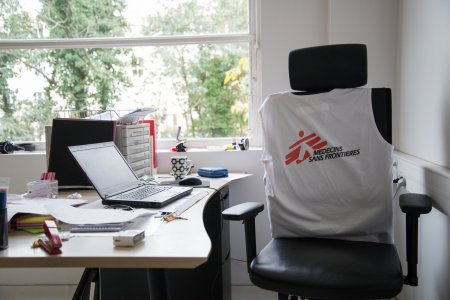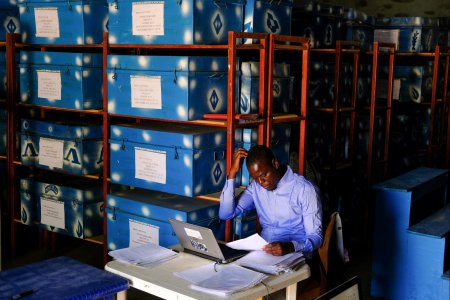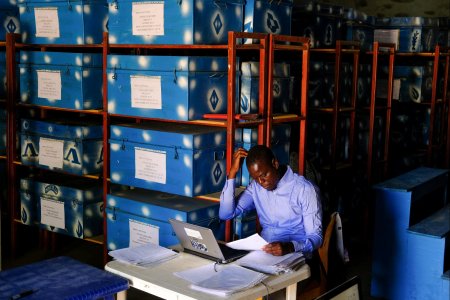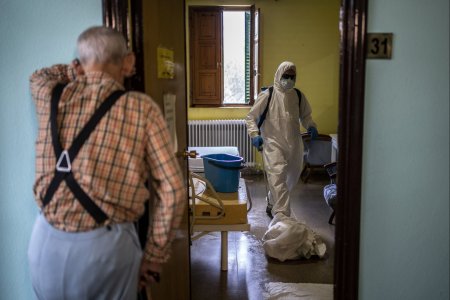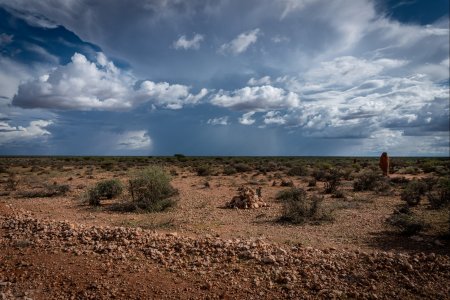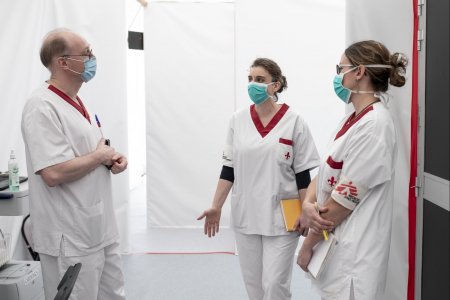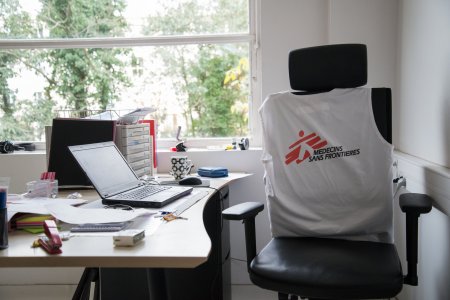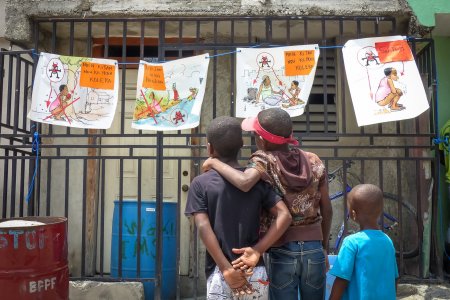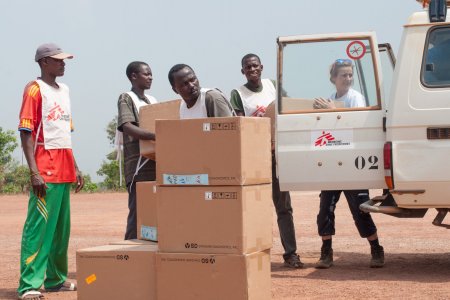OFF THE CUFF is a participative blog run by the Crash. Its purpose is to expose the diversity of experiences and opinions that exist among humanitarian aid practitioners. Online comments as well as direct contributions are more than welcome.
Views expressed on this blog are those of their authors and do not necessarily reflect the official positions of Médecins Sans Frontières
Are Covid-19 vaccines really a common good for humanity?
The benefit of the vaccine is only real in the context of a rational and comprehensive biomedical, social, political and economic response, adapted to the local assessment of the health crisis and its impacts.
Covid-19: reactions of sociologists in lockdown
In France, from March onwards, many sociologists regularly appear in the media. Based on this observation, Marc Le Pape analysed 37 articles written during the containment period, dealing with the Covid-19 pandemic.
Management at MSF - Part 2
In our first interview, Marion Péchayre discussed a variety of management-related problems at Médecins Sans Frontières: working in silos, the ever-growing number of management tools for monitoring, the endless validation requests, the vanishing role of the individual in favour of pseudoscientific presentations of events and projects, etc. This interview, conducted by Elba Rahmouni, focuses on solutions to these problems and hypotheses on how to improve our ways of working. Rather than offering set recipes, Marion Péchayre advocates an approach based on “practical wisdom” (a concept from the sociology of professions) and deliberative management that every individual and team can apply in their own way.
An epidemiologist’s analysis of the Covid-19 crisis - Part 1
Crisis situation, response strategies, hydroxychloroquine, interventional epidemiology and the state of scientific research in Africa: Elba Rahmouni interviews Emmanuel Baron, Director of Epicentre, Médecins Sans Frontières
An epidemiologist’s analysis of the Covid-19 crisis - Part 2
Crisis situation, response strategies, hydroxychloroquine, interventional epidemiology and the state of scientific research in Africa: Elba Rahmouni interviews Emmanuel Baron, Director of Epicentre, Médecins Sans Frontières
I do not clap at 8 o’clock
The biggest oversight in the response to this epidemic has been the EHPADs. For the staff, the directive was clear: continue to work and provide an alternative to hospitalisation. No matter the conditions. For the residents, it was to die alone without treatment to alleviate their suffering.
Should Médecins Sans Frontières join the fight against global warming?
Following an article co-written by members of the Swiss and Canadian sections of MSF, Fabrice Weissman presents a critical analysis of the arguments put forward by his colleagues. An analysis that could be useful to the entire movement, and to the humanitarian community as a whole.
The triage procedure
In exceptional circumstances where the demand for care exceeds the supply, how do you decide who to start with? Triage is necessary where there is exceptional demand, leading to the use of a specific procedure to establish priorities. Interview of Jean-Hervé Bradol conducted by Elba Rahmouni based on the article “In a disaster situation: get your bearings, triage and act” published in the book La médecine du tri. Histoire, éthique, anthropologie edited by Céline Lefève, Guillaume Lachenal and Vinh-Kim Nguyen.
Libya: the forgotten ones
Michaël Neuman spent ten days in Libya with Médecins Sans Frontières teams working in detention centres for migrants. From his stay, he brings back the following impressions that illustrate the gloomy situation of the people who are held there, for months or years, and the even more difficult situation of all those subject to kidnapping and torture.
Management at MSF
In this interview, different issues related to management at MSF are broached with Marion Péchayre, Director of Studies at the CRASH, such as the fragmentation of different components of our work, professionalisation drifting towards an attitude of control as embodied by the multiplication of management tools and the omnipresence of requests for validation, and the devaluation of the role of the individual against the promotion of a pseudo-scientific presentation of facts and projects.
About "Choléra, Haïti, 2010-2018, Histoire d’un désastre" by Renaud Piarroux
The cholera outbreak in Haiti in October 2010 was among the deadliest in modern history, with 800,000 people infected and 10,000 fatalities. And these are just the official figures. The actual death toll was far higher, as evidenced by numerous retrospective mortality surveys, and can only be expressed as an order of magnitude: to wit, several tens of thousands.
This book recounts eight years of struggle on two fronts that the author shows to be closely linked: the field, with the implementation of measures of prevention and case management; the scientific debate, in the form of a shattering of the dominant environmental theory concerning the origin of the epidemic.
To work
We’d like to share with you today some recommended reading around the issue of management, work, and ways of working. This choice will probably surprise some regular CRASH readers; isn’t this a far cry from the usual subjects of our critical analysis? Far from being chosen at random, the selection that follows in reality grew out of several years of reading.


